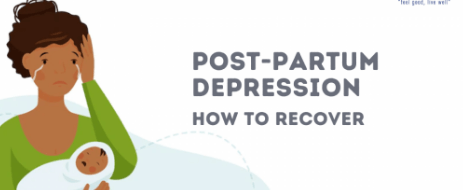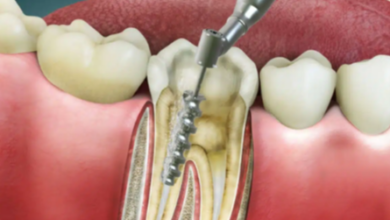
Healing from Postpartum Depression: Practical Steps Forward
Becoming a parent transforms your life in ways you never imagined. While many people expect joy and fulfillment, the reality can sometimes feel overwhelming, isolating, and far from the picture-perfect moments portrayed on social media. If you’re struggling with intense sadness, anxiety, or disconnection after having a baby, you’re not alone. And more importantly, healing is possible.
Understanding What You’re Experiencing
First, it’s essential to recognize that what you’re feeling goes beyond typical “baby blues.” While many new parents experience mood swings and tearfulness in the first two weeks after birth, postpartum depression involves persistent symptoms that interfere with daily functioning. You might feel intense sadness, hopelessness, or worthlessness. You may struggle to bond with your baby, experience severe anxiety, or have difficulty sleeping even when the baby sleeps. These feelings can emerge anytime within the first year after childbirth.
See also:Save Time and Effort with an Efficient Swimming Pond Hoover for Deep Cleaning
Understanding that these symptoms stem from a combination of hormonal shifts, physical exhaustion, and emotional adjustment doesn’t make them less real—but it does mean they’re treatable. This isn’t a character flaw or a sign that you’re failing as a parent. It’s a medical condition that requires support and care.
Releasing the Weight of Guilt
One of the most crucial steps in healing involves letting go of guilt and shame. Society places enormous pressure on new mothers to feel instant, overwhelming love and to manage everything perfectly. The truth is that parenthood is messy, exhausting, and challenging even under the best circumstances. When you’re dealing with a mood disorder on top of the normal adjustments, the struggle intensifies.
You are not a bad parent for feeling this way. Seeking help demonstrates strength and love for both yourself and your child. The sooner you acknowledge your struggle and reach out for support, the sooner you can begin recovering.
Building Your Support Network
Recovery rarely happens in isolation. Start by talking to your healthcare provider honestly about your symptoms. Bring a list of what you’ve been experiencing, including changes in sleep, appetite, mood, and thoughts. Don’t minimize your struggles—doctors need accurate information to help you effectively.
Your provider may recommend therapy, medication, or both. Antidepressants can be safe and effective, even while breastfeeding, though you should always discuss specific medications with your doctor. Therapy, particularly cognitive behavioral therapy or interpersonal therapy, provides tools for managing difficult thoughts and emotions.
Beyond professional help, lean on family and friends. Be specific about what you need: prepared meals, help with laundry, someone to hold the baby while you shower or nap. Many people want to help but don’t know how. Giving them concrete tasks makes it easier for everyone.
Taking Daily Practical Steps
Recovery happens through small, consistent actions rather than dramatic transformations. Redefine self-care for this season of life. Instead of elaborate spa days, focus on basics: eating regular meals, staying hydrated, getting outside for brief walks when possible, and sleeping whenever you can.
When overwhelming thoughts arise, practice grounding techniques. Notice five things you can see, four you can hear, three you can touch, two you can smell, and one you can taste. This simple exercise brings you back to the present moment and away from spiraling anxiety.
Be gentle with yourself about bonding with your baby. Connection doesn’t always happen instantly, and that’s okay. Small interactions—making eye contact during feeding, singing softly, or simply being present—gradually build your relationship. Some days, survival is success enough.
Managing Expectations and Moving Forward
Recovery isn’t linear. You’ll have good days and difficult days. Progress might mean getting dressed, playing with your baby for ten minutes, or simply asking for help when you need it. Celebrate these victories without comparing yourself to others or to unrealistic standards.
Stay committed to treatment even as you start feeling better. Many people discontinue therapy or medication prematurely, which can lead to setbacks. Work with your healthcare team to determine the right timeline for your situation.
As you heal, you might find unexpected strength and resilience. Many parents who have navigated postpartum depression report deeper empathy, stronger relationships, and a more authentic approach to parenting. Your struggle doesn’t define you, but the courage you show in facing it speaks volumes.
Remember This
Healing from postpartum depression requires patience, support, and compassion—especially self-compassion. You deserve help, and you deserve to feel better. Whether you’re in the darkest moments or beginning to see light, know that recovery is possible. Take it one hour, one day at a time. Reach out for help. Be gentle with yourself. You’re doing better than you think, and brighter days lie ahead.




